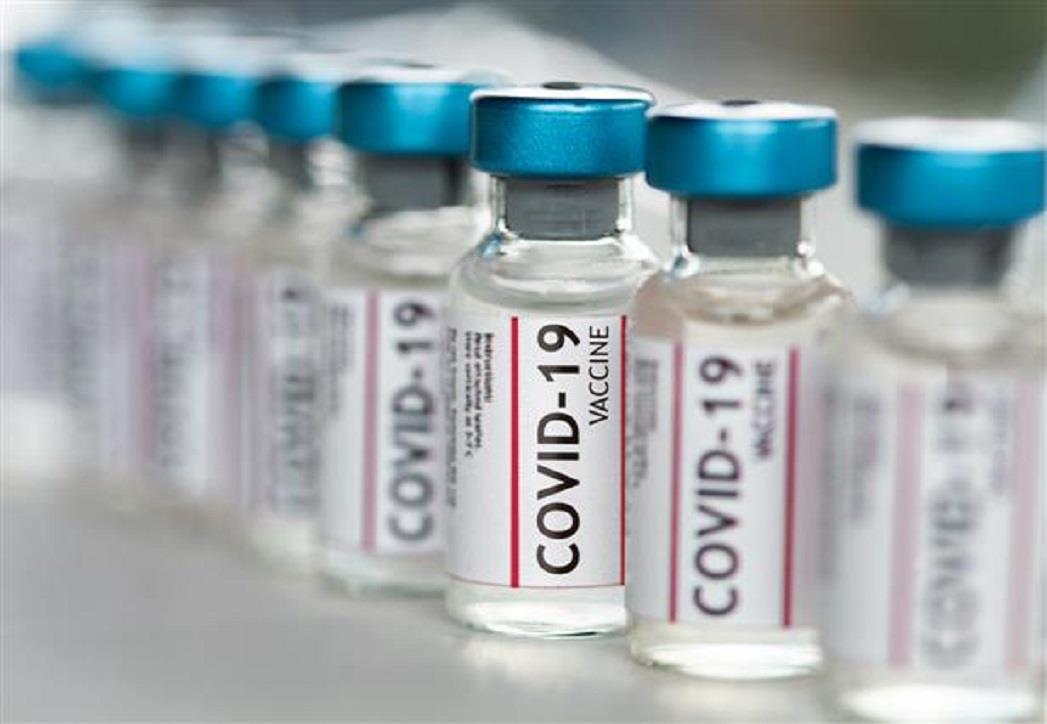
Washington, May 26
Even vaccinated people with mild breakthrough infections can experience Long COVID—debilitating, lingering symptoms that affect the heart, brain, lungs and other parts of the body, according to a study of over 13 million people in the US.
The research, published on Wednesday in the journal Nature Medicine, also shows that vaccination against COVID-19 reduced the risk of death by 34 per cent and the risk of getting long COVID by 15 per cent, compared with unvaccinated patients.
However, vaccines were shown to be most effective in preventing some of the worrisome manifestations of long COVID—lung and blood-clotting disorders—which declined about 49 per cent and 56 per cent, respectively, among those who were vaccinated.
"Vaccinations reduce the risk of hospitalisation and dying from COVID-19. But vaccines seem to only provide modest protection against long COVID," said first author Ziyad Al-Aly, a clinical epidemiologist at Washington University.
"People recovering from breakthrough COVID-19 infection should continue to monitor their health and see a health-care provider if lingering symptoms make it difficult to carry out daily activities," Al-Aly said in a statement.
The researchers classified patients as fully vaccinated if they had received two doses of the Moderna or Pfizer-BioNTech vaccines or one dose of the Johnson amp; Johnson/Janssen vaccine.
At the time the study was conducted, the database used for the research did not include information about whether patients had received boosters, the researchers said.
"Now that we understand that COVID-19 can have lingering health consequences even among the vaccinated, we need to move towards developing mitigation strategies that can be implemented for the longer term since it does not appear that COVID-19 is going away any time soon," said Al-Aly.
"We need to urgently develop and deploy additional layers of protection that could be sustainably implemented to reduce the risk of long COVID," he added.
Such protective layers could include nasal vaccines that are more convenient or potent than the current shots, or other types of vaccines or drugs aimed at minimising the risks of long COVID.
"Getting COVID-19, even among vaccinated people, seems almost unavoidable nowadays," said Al-Aly, noting that 8 to 12 per cent of vaccinated people with breakthrough infections may develop long COVID.
The researchers analysed the de-identified medical records of more than 13 million veterans from a database maintained by the US Department of Veterans Affairs.
They examined data of 113,474 unvaccinated COVID-19 patients and 33,940 vaccinated patients who had experienced COVID-19 breakthrough infections, all from January 1 through October 31, 2021.
The patients with COVID-19 were mostly older, white men. However, the researchers also analysed data that included more than 1.3 million women and adults of all ages and races.
The study does not include data involving the Omicron variants, which began spreading rapidly in late 2021.
However, Al-Aly said prior studies have suggested the vaccine is effective against all current variants.
In addition to complications involving the heart, brain and lungs, other symptoms associated with long COVID included disorders involving the kidneys, blood clotting, mental health, metabolism and the gastrointestinal and musculoskeletal systems.
Long COVID risks were 17 per cent higher among vaccinated immunocompromised people with breakthrough infections compared with previously healthy, vaccinated people who experienced breakthrough infections, the researchers said.
An analysis of 3,667 vaccinated patients who were hospitalised with breakthrough COVID-19 infections showed that they experienced 2.5 times the risk of death than people who were hospitalised with influenza.
They also had a 27 per cent higher risk of long COVID in the first 30 days after diagnosis compared with 14,337 people who were hospitalised with seasonal influenza.